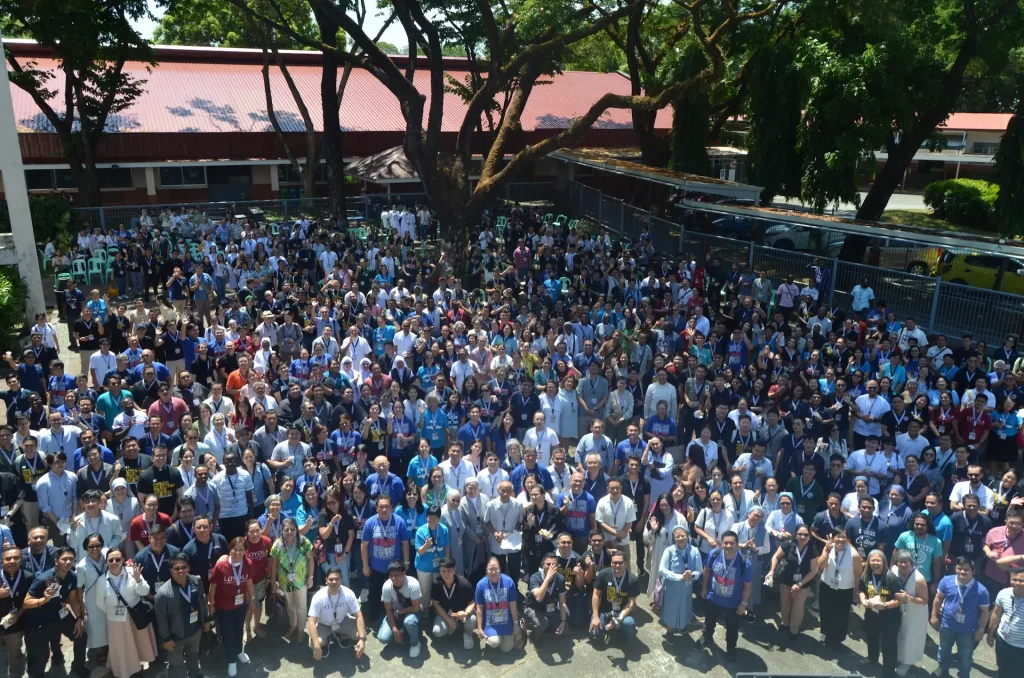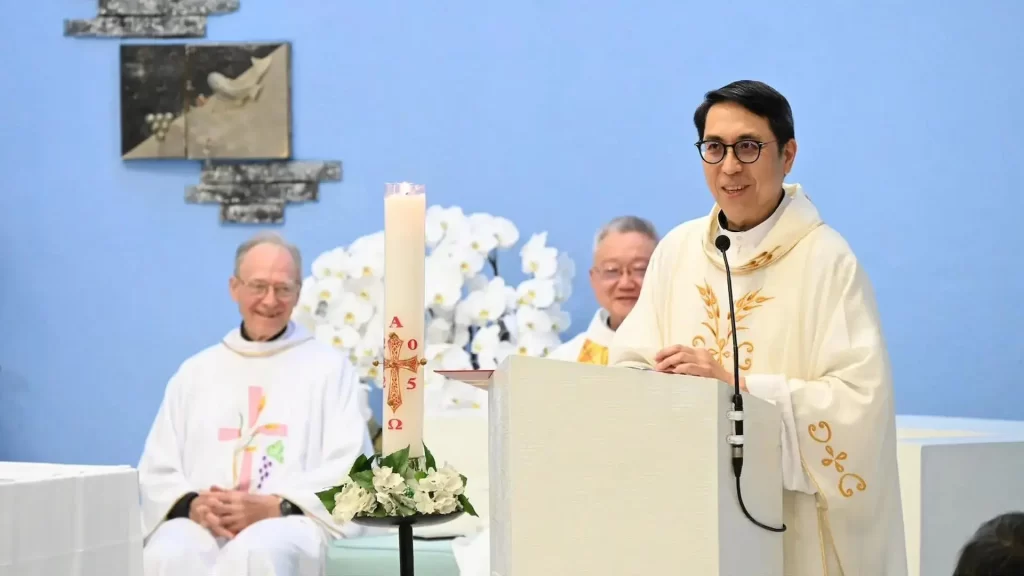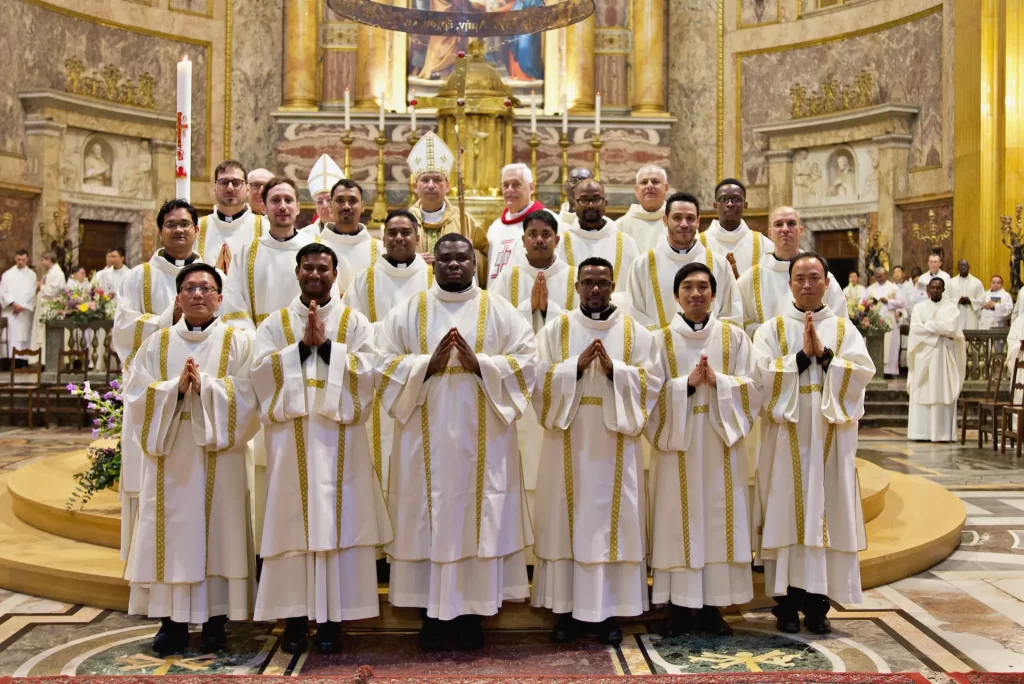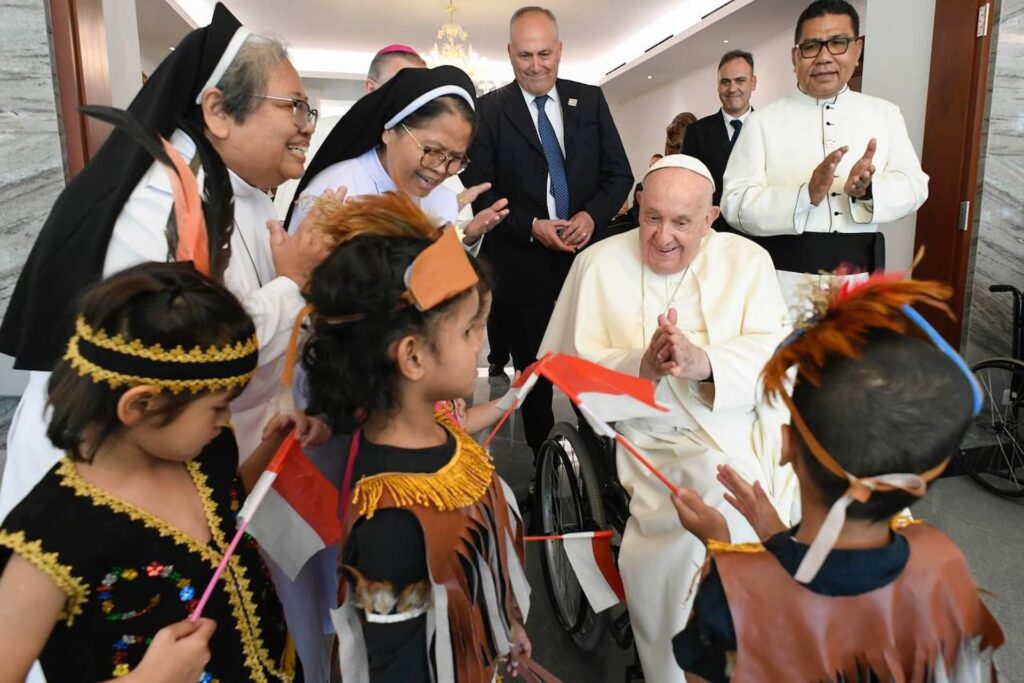The Jesuit Conference of Asia Pacific has released a detailed document on formation for Jesuits for this part of the world.
Entitled “Forming a Contemplative in Action: A Profile of a Formed Jesuit for Asia Pacific”, the document addresses three major questions – What does a formed Jesuit look like? What specific issues does initial formation need to address? What competencies a formed Jesuit for Asia Pacific needs to have mastered?
The Profile was prepared by a committee that comprised Fr Budi Hartono SJ (IDO), Fr Mathias Joon-ho Chae SJ (KOR), Fr Kang-Yup Jung SJ (KOR), Fr Deshi Ramadhani SJ (IDO), Fr Primitivo Viray SJ (PHI) and Michael Smith SJ (ASL).
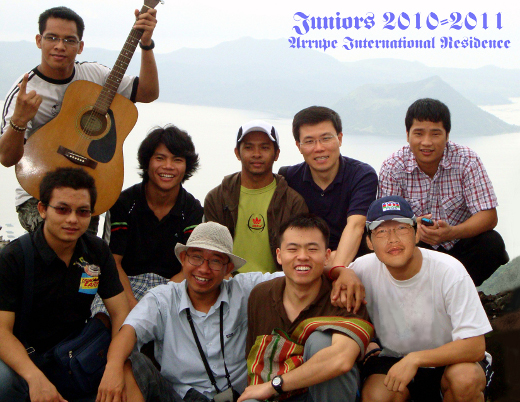
Many of the elements of the Profile pertain to Jesuit formation in general and must necessarily do so, the Committee says, because there is also a Jesuit culture – the set of meanings and values which grounds the common Jesuit way of life, independent of the cultural settings distinctive to different nations.
The Profile details the groundings for a contemplative in action – six interrelated dynamics that the Committee says the Jesuit in formation finds himself at the centre of and which, if he is open to the process, have the potential to form him as a contemplative in action. The six dynamics are interiority, psychosexual and affective integration, conversation, critical thinking, universal perspective and discerned action.
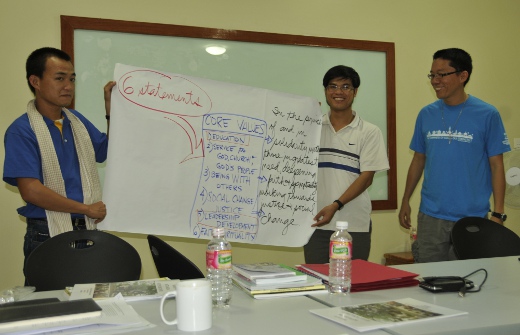
Recognising that our Conference is more diverse than any other, with significant differences in language, culture and experience, the Committee acknowledged that the particularities of formational elements should appropriately be sorted out at the provincial or regional level. Space has been allocated at the end of each table for local formators to insert indicators of each competency that may be unique to their situation.
Download “Forming a Contemplative in Action: A Profile of a Formed Jesuit for Asia Pacific” here



